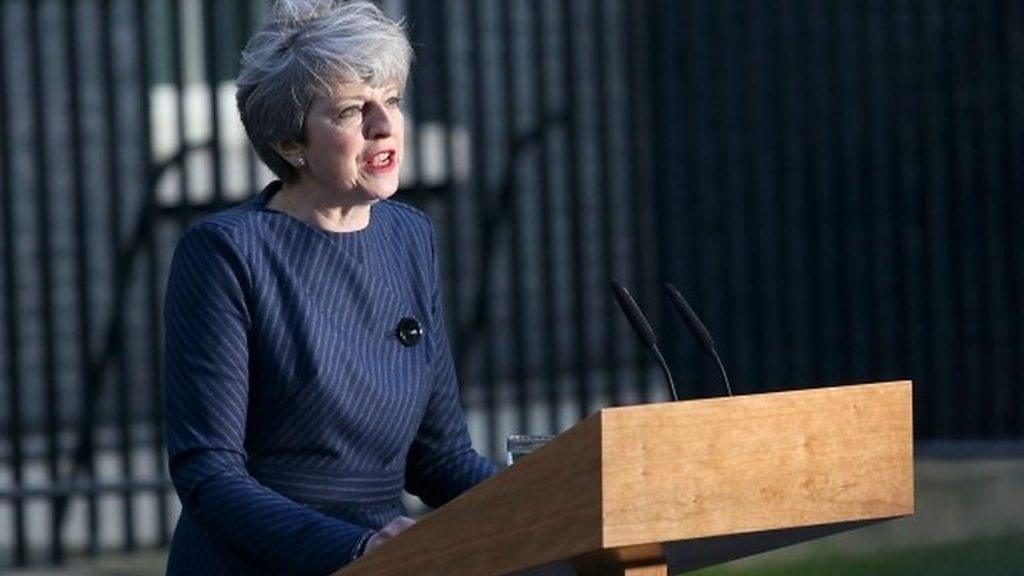EU's Brexit plans 'unchanged' by snap election announcement
- Published
- comments
Watch Theresa May's full announcement, explaining her reasons for calling a snap election
The European Union's Brexit plans remain unchanged by Theresa May's snap election announcement, the council representing EU leaders has said.
The UK prime minister, who had promised not to call an election before 2020, said she planned to call a snap general election on 8 June.
But European Council President Donald Tusk's spokesman said the 27 other EU states would forge ahead as planned.
"The UK elections do not change our EU27 plans," Mr Tusk's spokesman said.
He added: "We expect to have the Brexit guidelines adopted by the European Council on 29 April and following that the Brexit negotiating directives ready on 22 May. This will allow the EU27 to start negotiations."
Mr Tusk and Mrs May had a "good" conversation on the phone following the announcement, the council president tweeted.
Using his personal account, Mr Tusk also tweeted: "It was Hitchcock, who directed Brexit: first an earthquake and the tension rises."
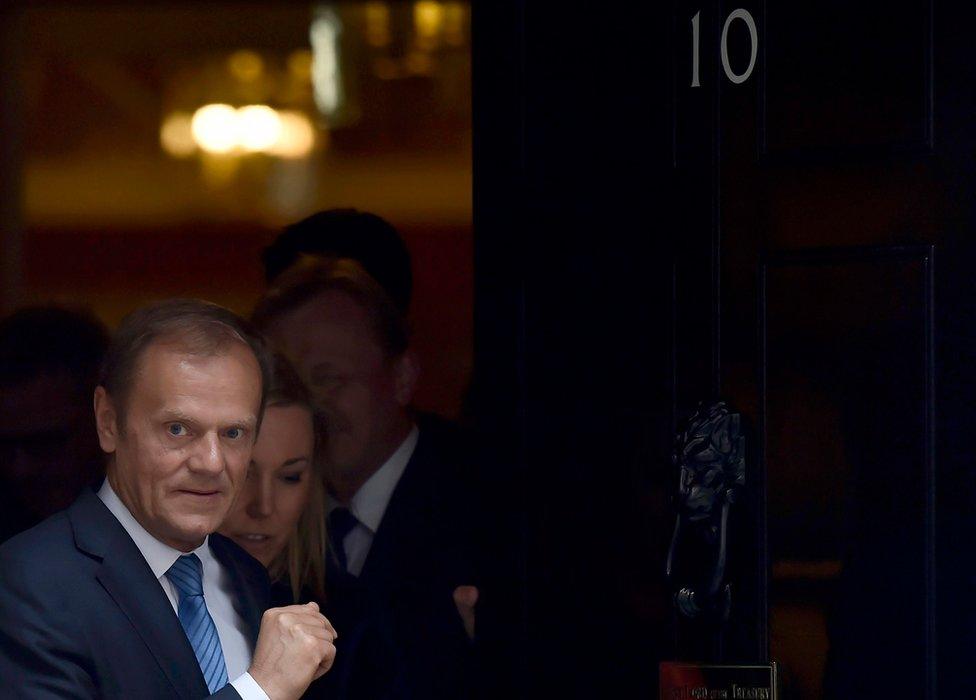
Donald Tusk, seen here leaving 10 Downing Street earlier in April, said he had a "good" call with Mrs May
An EU official on the negotiating team told the BBC that they were hopeful the outcome may even improve negotiations.
"This is a domestic matter for the UK. But we have some hope that this will lead to a strong leader in London that can negotiate with us with strong backing by the electorate," the official said.
"This does not change things. We are ready. Early June was always the calendar."

Watching closely: Kevin Connolly, BBC News, Brussels
The European Union won't have much to say on the record about Theresa May's decision to call a snap election - the UK is still a member state after all and it's not the done thing to comment on internal political manoeuvrings.
But no British election campaign will ever have been watched quite so closely from Brussels.
That's not because Mrs May, if she wins, will have a clear personal mandate for her vision of Brexit. The European side would always have assumed that whoever was in Number 10 had the authority to negotiate for the UK.
It's more because they expect to learn a lot about Mrs May's vision for Brexit in the heat of campaigning - and also about the visions of the Labour leader Jeremy Corbyn and the other parties who'll make their presence felt.

German Foreign Minister Sigmar Gabriel echoed the sentiment, saying "predictability and reliability" were "more important than ever" in the wake of the Brexit vote.
"Any extended period of uncertainty is surely not good for the political and economic relations between Europe and Great Britain," he said in a statement. "Hopefully, the elections announced today by Prime Minister May can lead to more clarity and predictability in the negotiations with the European Union."
But others were less positive, with many focusing on the risk Mrs May and the Conservatives are potentially taking.
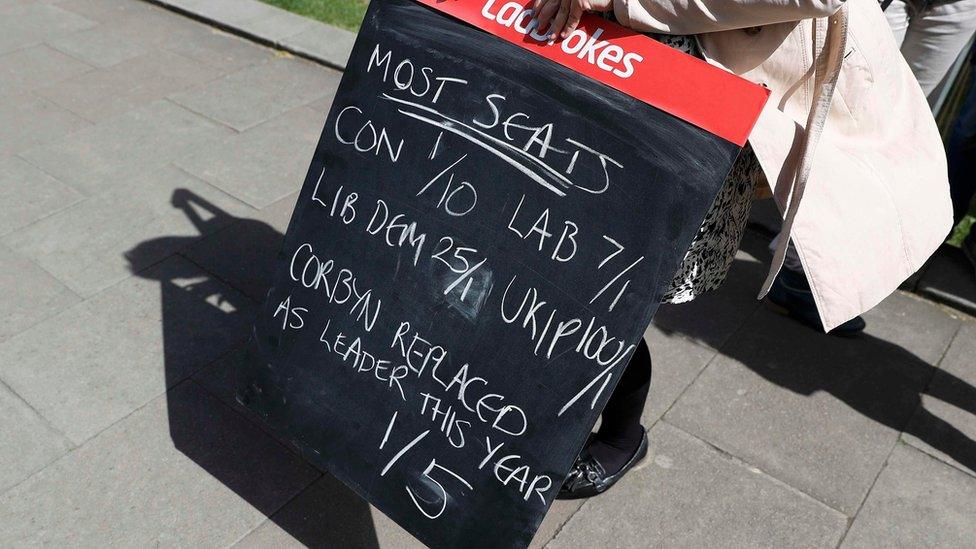
European politicians seem concerned by Mrs May's "gamble"
Belgian MEP Tom Vandenkendelaere, of the centre-right European People's Party (EPP) grouping, tweeted: "Understandable choice to strengthen negotiation mandate for #Brexit, but at the same time huge gamble and risk of even greater instability."
There was also speculation among European politicians over what impact the election result would have on Britain's approach to Brexit.
Jo Leinen, a German MEP in the Party of European Socialists (PES), tweeted: "The elections in #GB on the 8th June are the perfect opportunity - especially for the young generation - to avert hard #Brexit."
Polish MEP Ryszard Czarnecki, of the right-wing European Conservatives and Reformists political group, tweeted: "The Tories probably win, and GB will have a stronger mandate for the negotiations with the EU on Brexit."
In Russia, meanwhile, the Kremlin has said it has "no particular interest" in the election.
"No, there is no particular interest in it. Just, let's say, ordinary monitoring of the international situation. It is no business of ours," presidential press secretary Dmitry Peskov said.
- Published18 April 2017
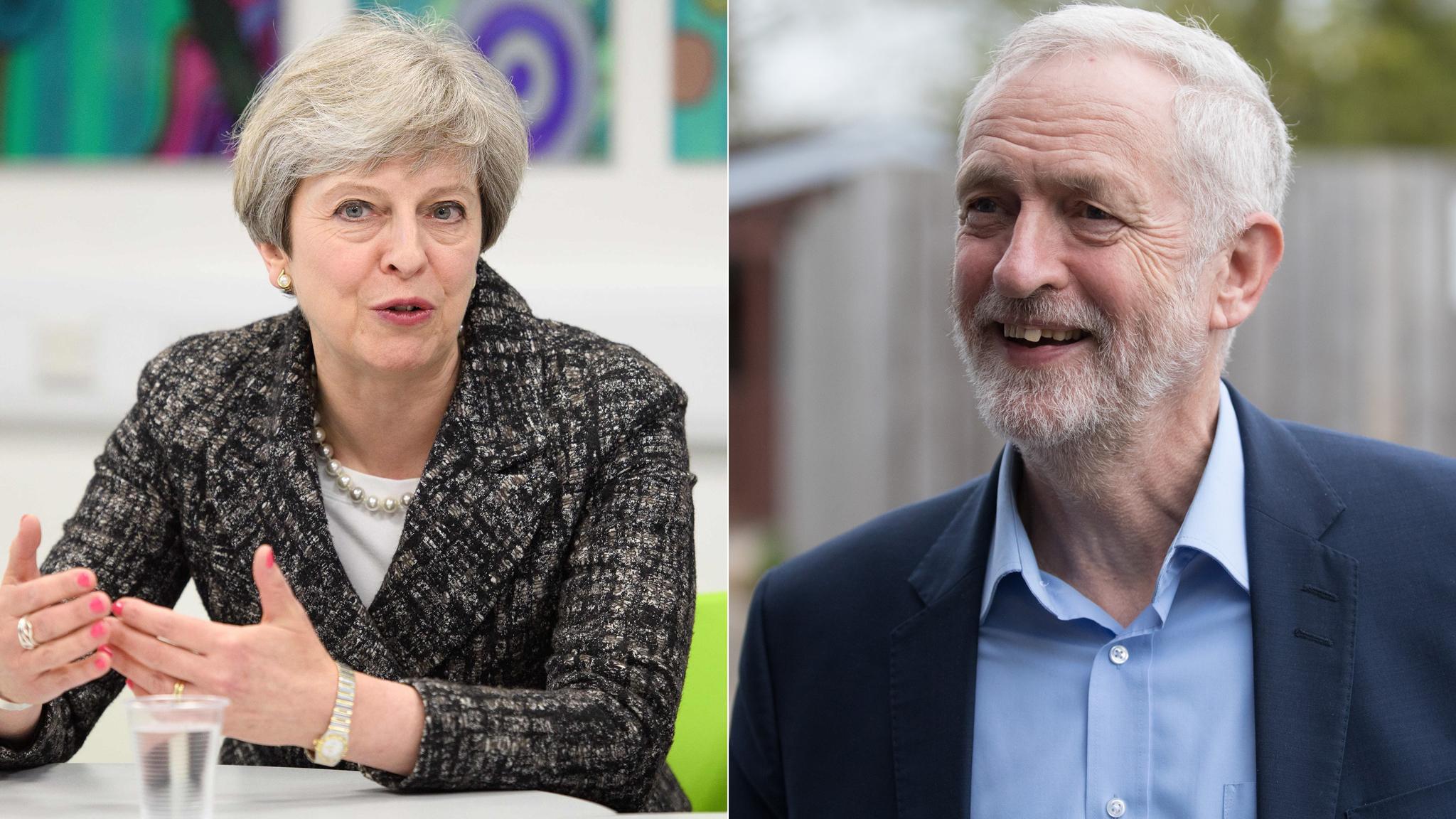
- Published18 April 2017
- Published30 December 2020

- Published13 April 2017
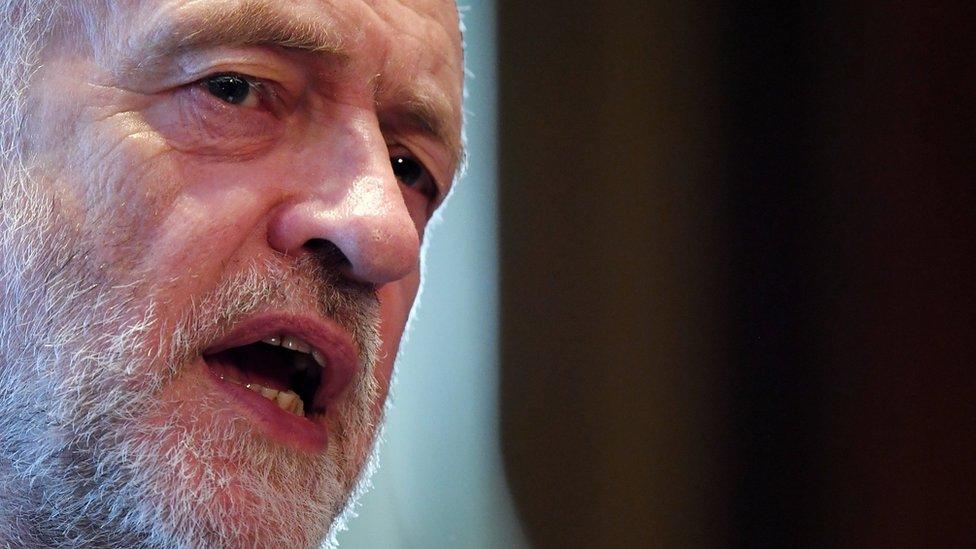
- Published28 March 2017
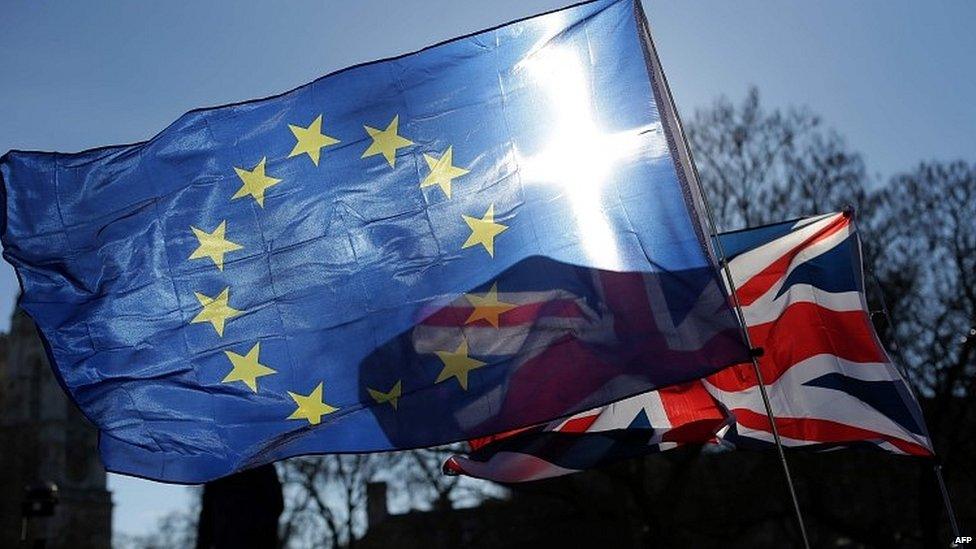
- Published18 April 2017
